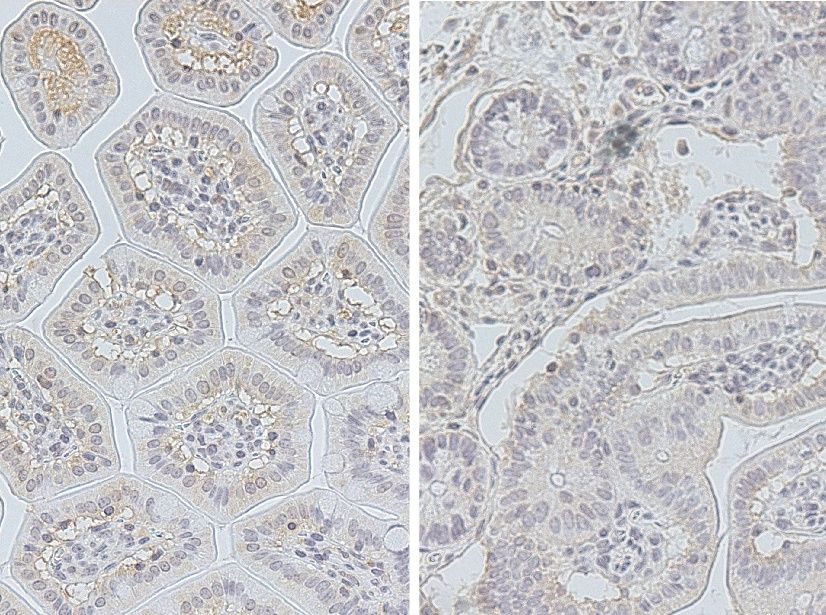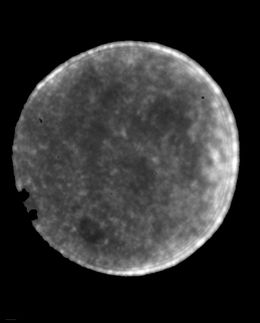Lonza and BioWa sign license agreements with Pfizer
BioWa, Inc. and Lonza announced that they have entered into research agreements with Pfizer Inc. allowing the use of the POTELLIGENT® CHOK1SV Cell Line in the research and development of multiple proprietary antibodies in Pfizer’s pipeline.
POTELLIGENT® CHOK1SV is a host cell line for manufacturing recombinant antibodies that combines the power of BioWa’s engineered glycosylation POTELLIGENT® Technology with the advantages of Lonza’s industry leading GS Gene Expression System™. The GS System™ includes Lonza’s pre-eminent host cell line, CHOK1SV.
“We are pleased that the core value of POTELLIGENT® Technology has been recognized by a global pharmaceutical company such as Pfizer, and are excited to work together with Pfizer on their innovative antibody research pipelines.” said Yasunori Yamaguchi, PhD, President and CEO of BioWa.
Most read news
Organizations
Other news from the department business & finance

Get the life science industry in your inbox
By submitting this form you agree that LUMITOS AG will send you the newsletter(s) selected above by email. Your data will not be passed on to third parties. Your data will be stored and processed in accordance with our data protection regulations. LUMITOS may contact you by email for the purpose of advertising or market and opinion surveys. You can revoke your consent at any time without giving reasons to LUMITOS AG, Ernst-Augustin-Str. 2, 12489 Berlin, Germany or by e-mail at revoke@lumitos.com with effect for the future. In addition, each email contains a link to unsubscribe from the corresponding newsletter.
Most read news
More news from our other portals
See the theme worlds for related content
Topic world Antibodies
Antibodies are specialized molecules of our immune system that can specifically recognize and neutralize pathogens or foreign substances. Antibody research in biotech and pharma has recognized this natural defense potential and is working intensively to make it therapeutically useful. From monoclonal antibodies used against cancer or autoimmune diseases to antibody-drug conjugates that specifically transport drugs to disease cells - the possibilities are enormous

Topic world Antibodies
Antibodies are specialized molecules of our immune system that can specifically recognize and neutralize pathogens or foreign substances. Antibody research in biotech and pharma has recognized this natural defense potential and is working intensively to make it therapeutically useful. From monoclonal antibodies used against cancer or autoimmune diseases to antibody-drug conjugates that specifically transport drugs to disease cells - the possibilities are enormous
Last viewed contents
Have asthma? You likely have an allergy as well - Study finds 65 to 75 percent of asthmatic adults have an allergy
U-M researchers identify potential target for anthrax drug
Why antidepressants don't work for so many - Northwestern research finds drugs aim at wrong target
Epidermolytic_hyperkeratosis
Brodmann_area_28
Dihybrid_cross
ProteoNic and Fraunhofer IME sign Research License and start collaboration on protein expression in plants
Beckman Coulter to Acquire Diagnostic Systems Laboratories, Inc. - Company Seeks to Gain Leadership in Specialty Endocrine Testing
QIAGEN completes second U.S. submission for companion diagnostic to guide treatment decisions in colorectal cancer





















































